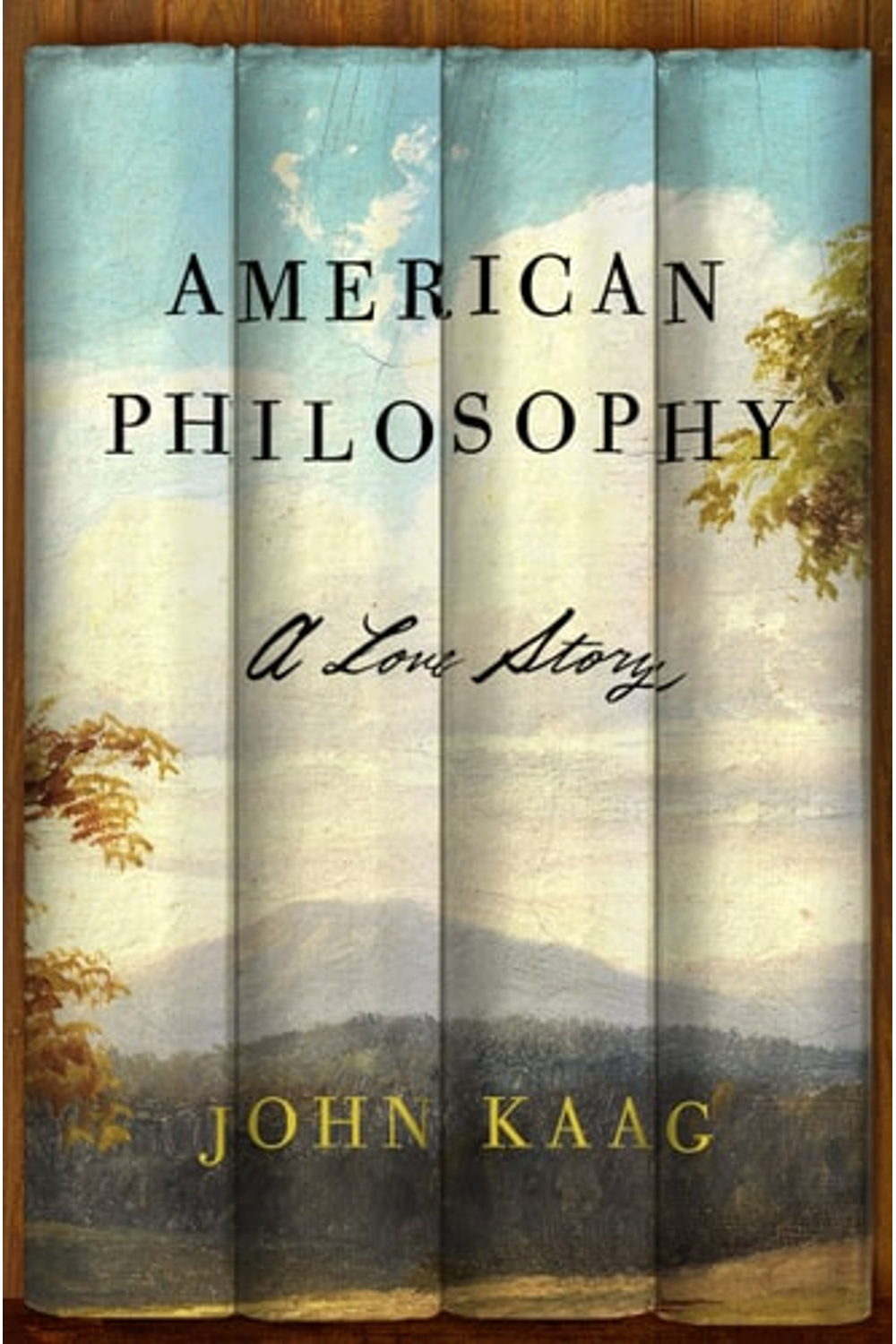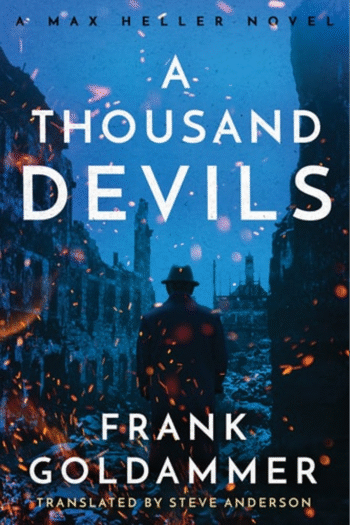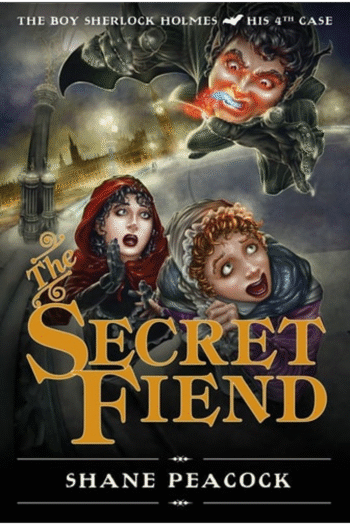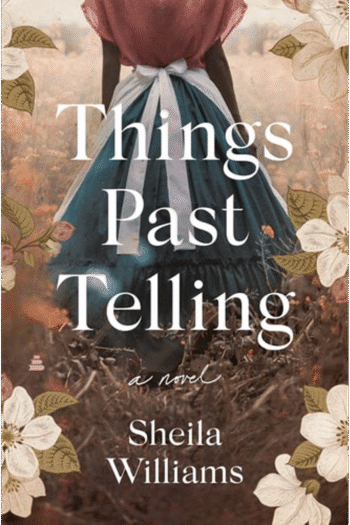John Kaag’s *American Philosophy: A Love Story* isn’t just a book; it’s an intellectual and emotional rescue mission. This memoir chronicles Kaag’s transformative journey as a disillusioned philosopher who discovers a dilapidated library at West Wind, the former estate of Harvard philosopher William Ernest Hocking, a disciple of William James. The crumbling collection, filled with rare editions and handwritten notes from literary giants like Whitman and Frost, becomes Kaag’s unlikely salvation. As he painstakingly restores these forgotten texts Hobbes, Descartes, Kant he rediscovers the core tenets of American philosophy: self-reliance, pragmatism, and transcendence. Joined by a kindred spirit, a young Kantian, Kaag embarks on a path of personal and intellectual renewal. More than an academic pursuit, this is a love letter to the power of ideas and a testament to finding meaning and purpose in the most unexpected places. For fans of philosophy, history, and stories of personal redemption, this is a compelling read.
American Philosophy: A Love Story
22,67 $
In stock
The epic wisdom contained in a lost library helps the author turn his life around
John Kaag is a dispirited young philosopher at sea in his marriage and his career when he stumbles upon West Wind, a ruin of an estate in the hinterlands of New Hampshire that belonged to the eminent Harvard philosopher William Ernest Hocking. Hocking was one of the last true giants of American philosophy and a direct intellectual descendent of William James, the father of American philosophy and psychology, with whom Kaag feels a deep kinship. It is Jamess question Is life worth living? that guides this remarkable book.
The books Kaag discovers in the Hocking library are crawling with insects and full of mold. But he resolves to restore them, as he immediately recognizes their importance. Not only does the library at West Wind contain handwritten notes from Whitman and inscriptions from Frost, but there are startlingly rare first editions of Hobbes, Descartes, and Kant. As Kaag begins to catalog and read through these priceless volumes, he embarks on a thrilling journey that leads him to the life-affirming tenets of American philosophyself-reliance, pragmatism, and transcendenceand to a brilliant young Kantian who joins him in the restoration of the Hocking books.
Part intellectual history, part memoir, American Philosophy is ultimately about love, freedom, and the role that wisdom can play in turning ones life around.
Related products
Things Past Telling: A Novel
22,80 $
- Additional information
- Currencies
- USD – United States dollar
- EUR – Euro
- GBP – Pound sterling
- CNY – Chinese yuan
- BRL – Brazilian real
- MXN – Mexican peso
- JPY – Japanese yen
- PHP – Philippine peso
- THB – Thai baht
- PLN – Polish złoty
- CAD – Canadian dollar
- MYR – Malaysian ringgit
- AUD – Australian dollar
- TWD – New Taiwan dollar
- CZK – Czech koruna
- SEK – Swedish krona
- HUF – Hungarian forint
- ILS – Israeli new shekel
- CHF – Swiss franc
- HKD – Hong Kong dollar
- DKK – Danish krone
- SGD – Singapore dollar
- NOK – Norwegian krone
- NZD – New Zealand dollar





